This year, Nho Quan district strives to plant 1,200 hectares of winter crops, however, prolonged heavy rains at the beginning of the season have slowed down production progress. To ensure a successful winter crop, the district is directing communes and cooperatives to mobilize people to speed up the planting progress, closing the planned area.
As a locality with a tradition of winter crop production in Nho Quan district, every year Yen Quang commune proactively builds a plan to sow rice very early, using short-term varieties to have land for winter crop cultivation. This year the commune aims to maintain the winter crop area at 200 hectares, of which taro is the main crop accounting for 100 hectares, the rest are sweet potatoes, peanuts, beans, cucumbers, potatoes, and various green vegetables.
Mr. Bui Van Phong, Vice Chairman of Yen Quang Commune People's Committee, said: The value of products per hectare of winter crops is about 110 million VND/ha, many times higher than that of rice cultivation. Therefore, although the winter weather has been constantly changing in recent years, causing difficulties for production, people have still actively maintained production. This year is the same, prolonged heavy rains right at the peak of sowing have somewhat affected the production progress, and the area of some warm-loving crops has not reached the planned level. The commune is urging cooperatives to guide people to replace them with cold-loving crops, which are still in season such as potatoes, leafy vegetables, cucumbers, and taro. At the same time, care for and prevent pests and diseases for winter crops that have been planted, ensuring high productivity and value.
Mr. Nguyen Van Dien, Yen Son village, Yen Quang commune shared: Although winter crop is hard, the average income is 7-10 million VND/sao, so people still encourage each other to overcome difficulties to plant all the acreage. This crop, my family planted 9 sao of winter crops, of which 2 sao of mustard greens are being harvested, traders come to buy at the field with stable prices. After harvesting this acreage, I continue to plant more kohlrabi to serve the demand for green vegetables at the end of the year. Along with Yen Quang commune, currently, farmers in Dong Phong, Lang Phong, Son Lai, Van Phuong, Thach Binh communes... are also actively going to the fields to plant and take care of winter crops.
We visited the green squash growing model of Mr. Nguyen Huu Hoan's family in Dong Phong commune. While quickly selecting green squash of commercial size to cut and sell to traders, Mr. Hoan excitedly said: Previously, this area mainly grew vegetables of all kinds, but due to unstable prices, in the past few years he has switched to growing green squash. The advantages of this plant are that it is easy to grow, easy to care for, cold-resistant, has few pests and diseases, especially the fruit is easy to preserve, transport and has a favorable output. His family earns a profit of about 4-5 million VND per sao of squash.
This winter crop, Nho Quan district has determined to develop production in a concentrated and commodity direction. Diversify crops and arrange reasonable planting seasons, spread out planting to reduce labor pressure and product consumption, in accordance with market demand. In particular, prioritize the development of local advantageous products such as: taro, sweet potato, sweet corn, peanuts, medicinal plants. In addition, focus on applying water-saving irrigation technology, biological products, organic fertilizers, biological pesticides, new technologies in preserving and processing agricultural products after harvest to reduce production costs, improve economic efficiency. The whole district strives to plant 1,200 hectares of various winter crops.
Mr. Bui Van The, Head of the Department of Agriculture and Rural Development of Nho Quan district, said: Up to now, the whole district has planted over 700 hectares of winter trees, reaching nearly 60% of the plan. To compensate for the area of warm-loving plants that have not been achieved, the district is directing communes to mobilize all resources to replace them with cold-loving plants such as potatoes, onions, chili peppers, and various green vegetables. To help people feel secure in production, the district encourages cooperatives, cooperative groups, and individuals to build a chain of links from production, processing to product consumption.
Article and photos: Nguyen Luu
Source


![[Photo] Looking back at the impressive moments of the Vietnamese rescue team in Myanmar](https://vstatic.vietnam.vn/vietnam/resource/IMAGE/2025/4/11/5623ca902a934e19b604c718265249d0)




![[Photo] "Beauties" participate in the parade rehearsal at Bien Hoa airport](https://vstatic.vietnam.vn/vietnam/resource/IMAGE/2025/4/11/155502af3384431e918de0e2e585d13a)
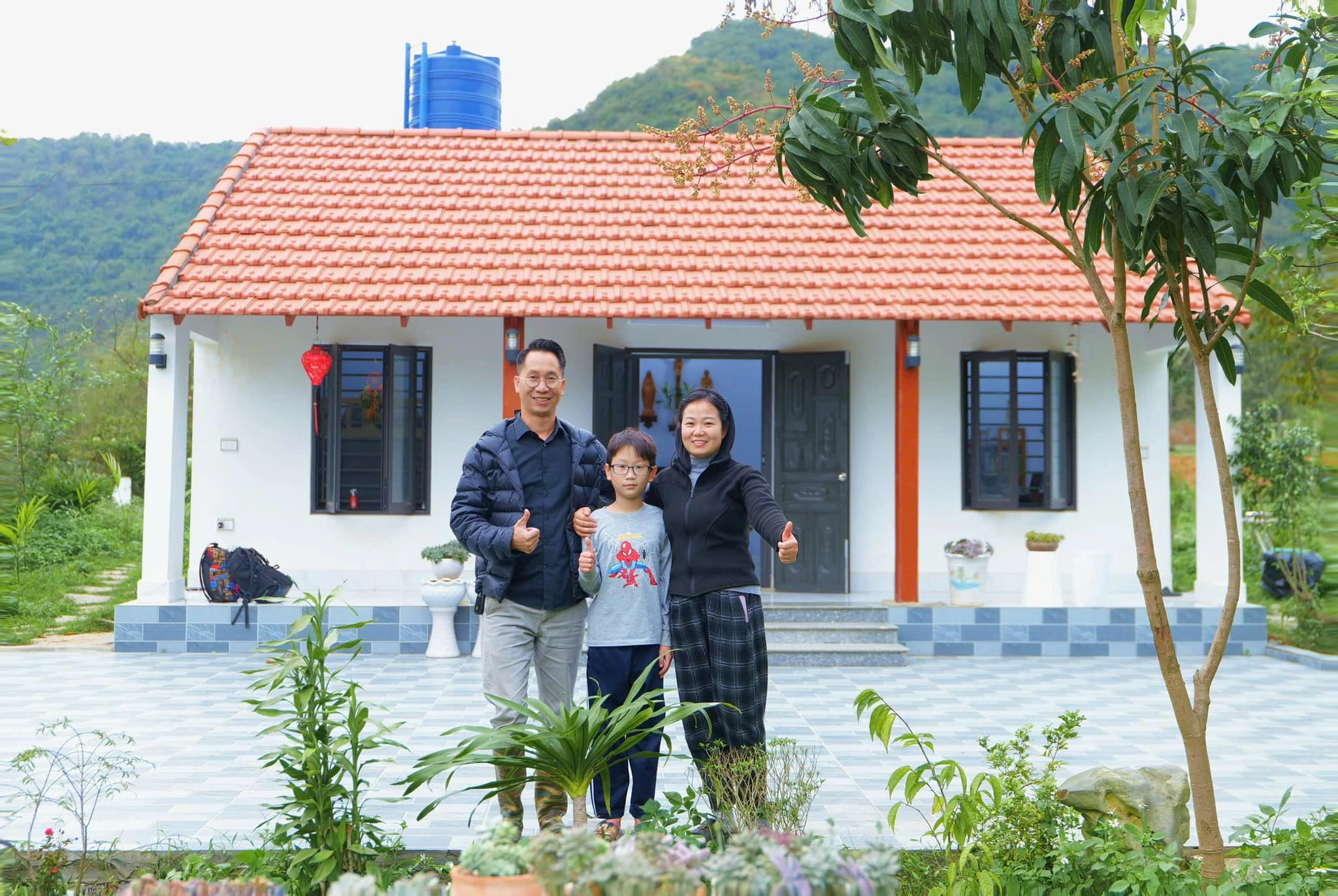



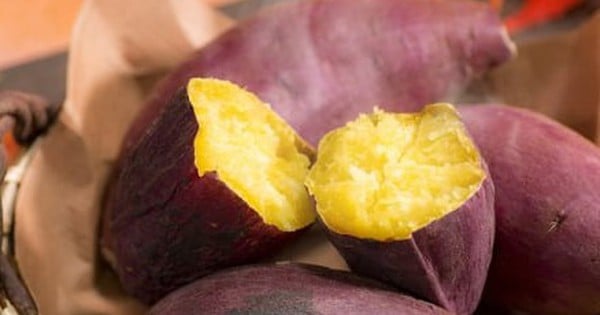

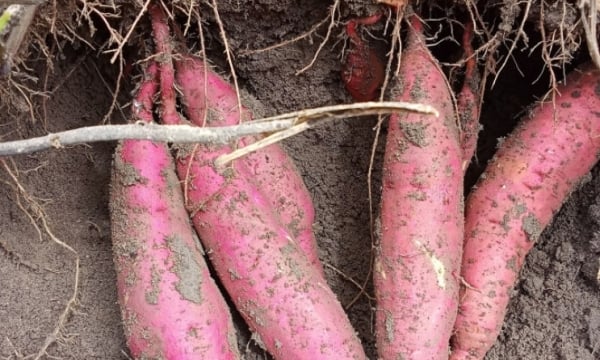
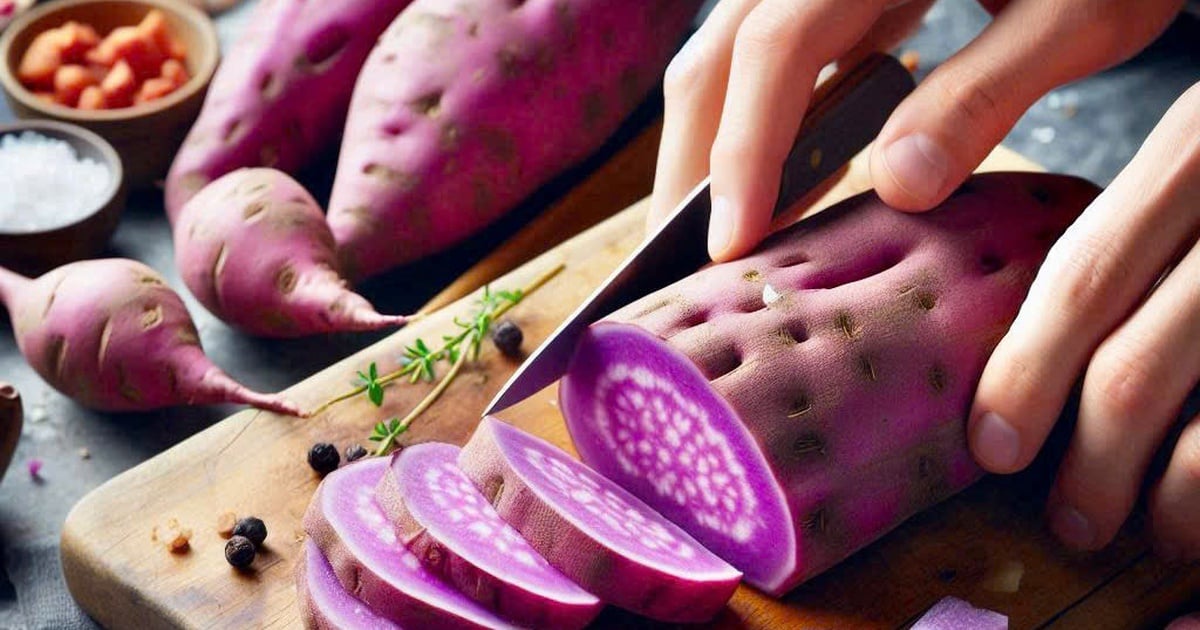

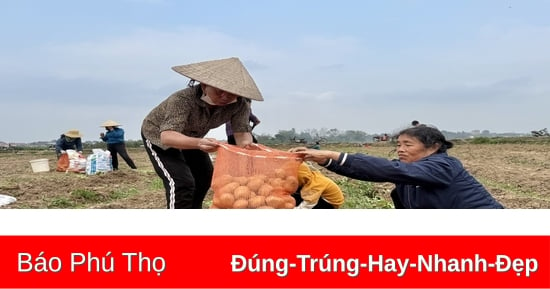
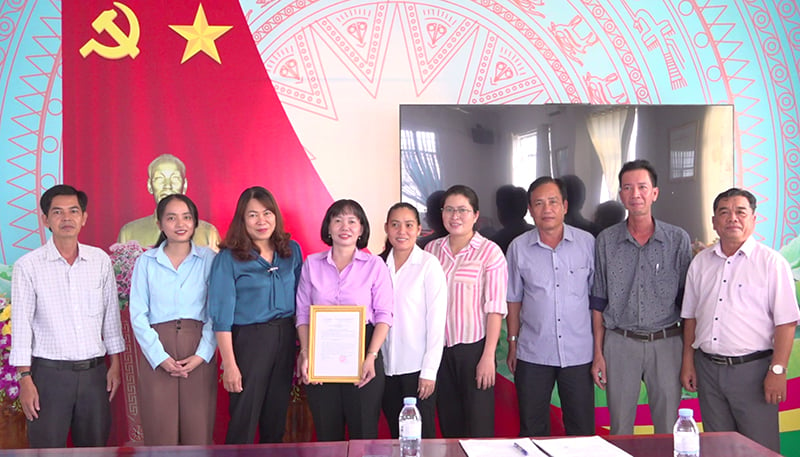



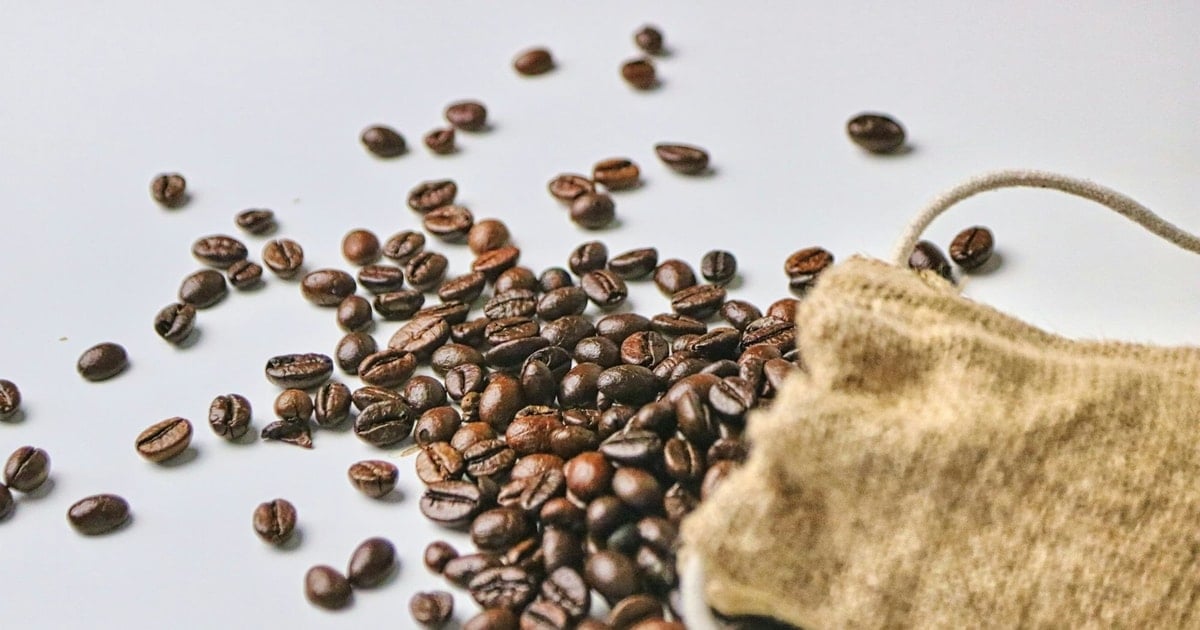



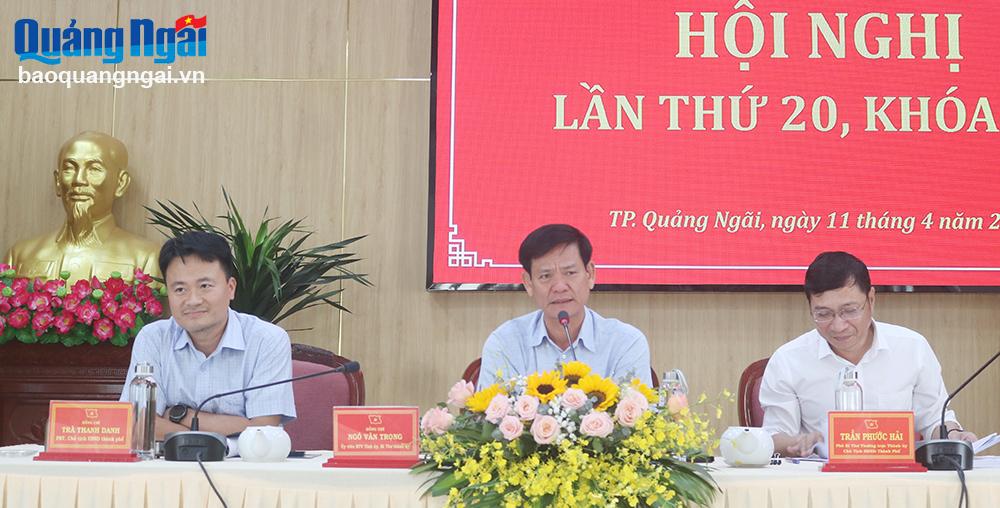
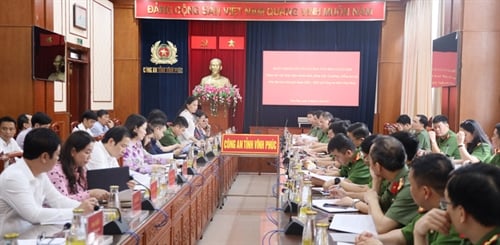


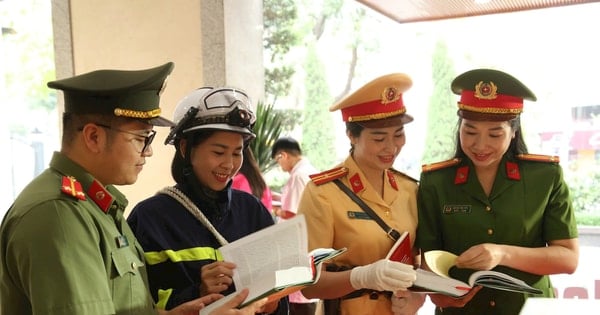
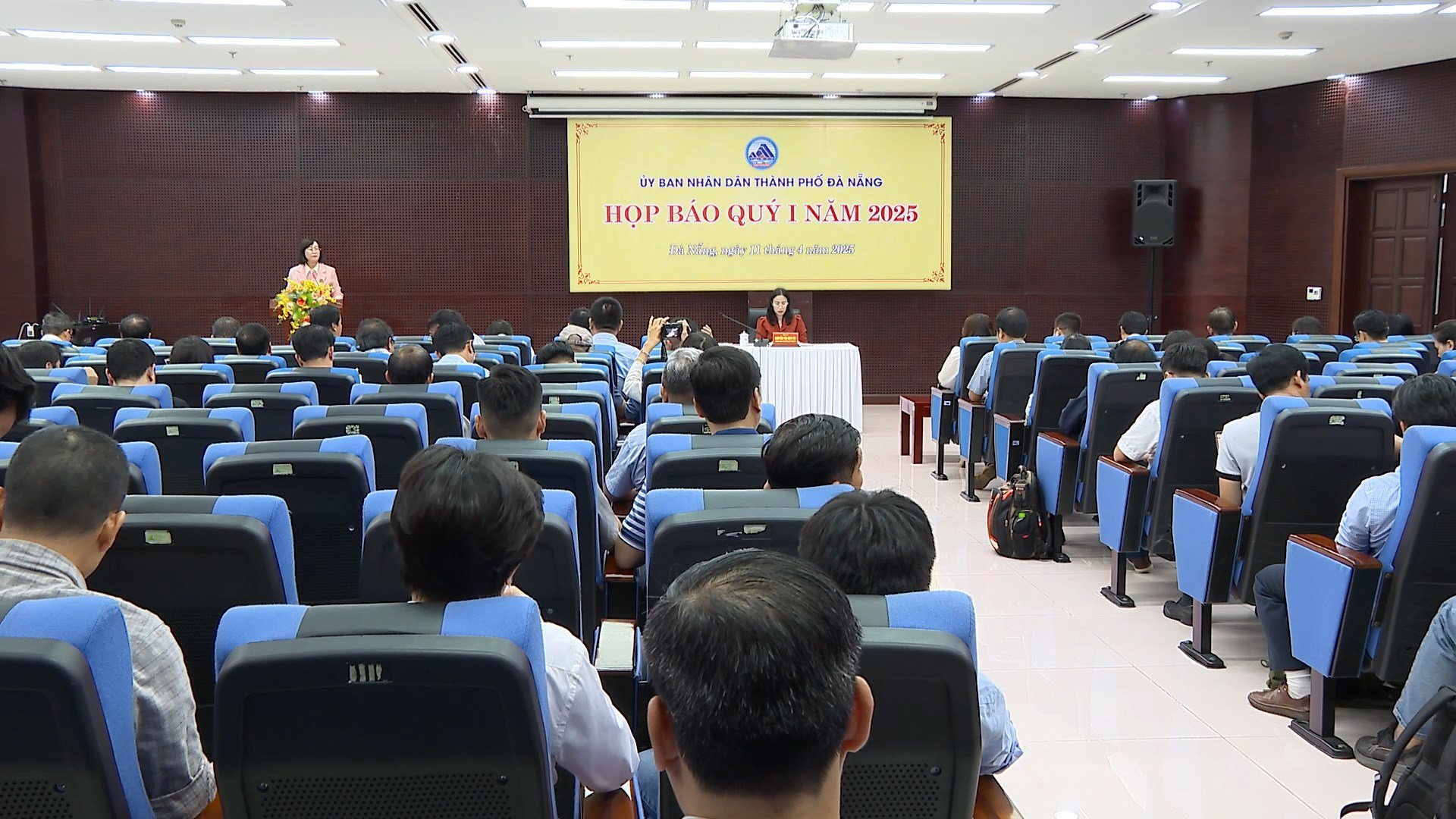
![[Photo] Summary of parade practice in preparation for the April 30th celebration](https://vstatic.vietnam.vn/vietnam/resource/IMAGE/2025/4/11/78cfee0f2cc045b387ff1a4362b5950f)











































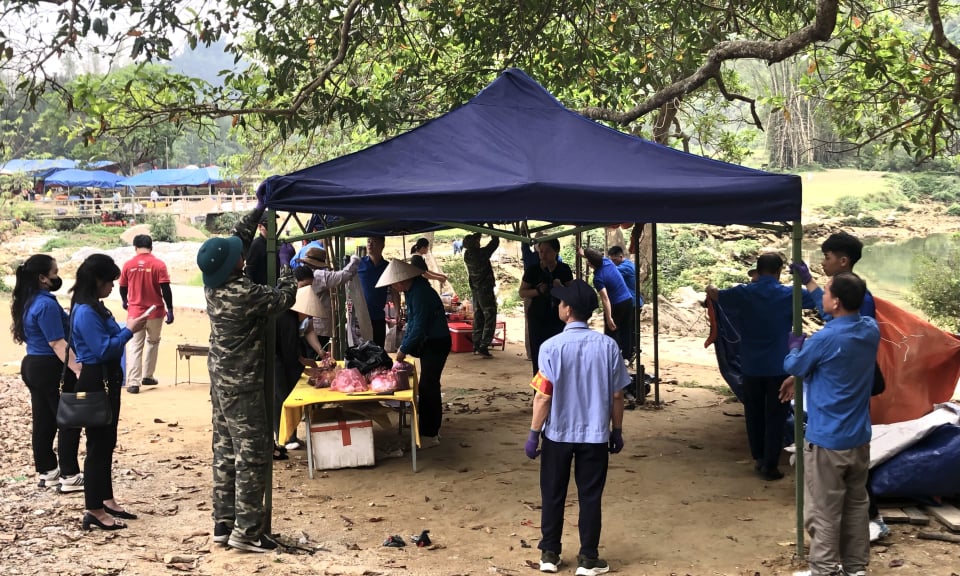





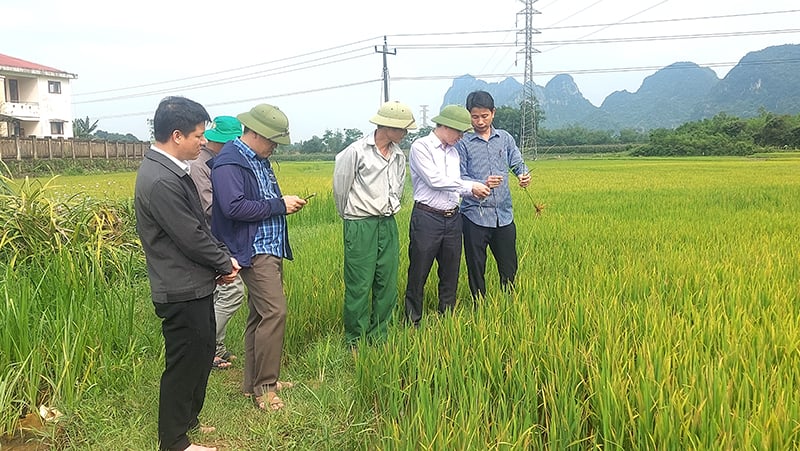











Comment (0)